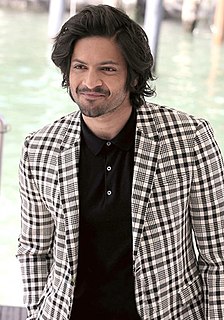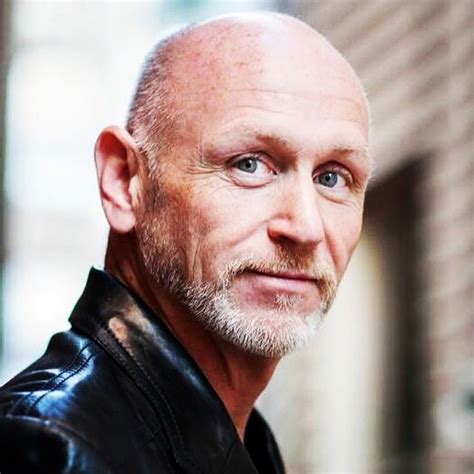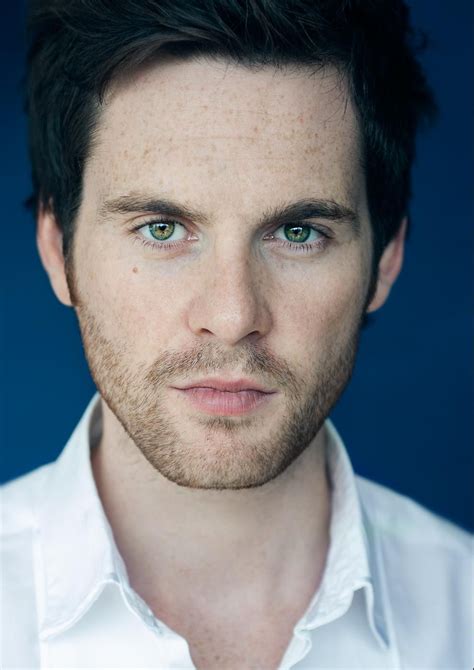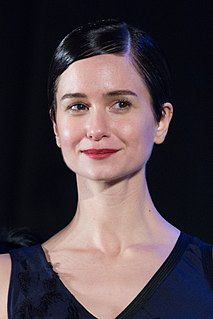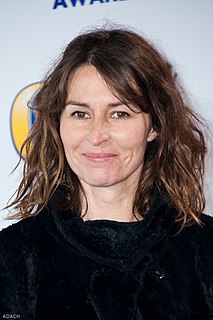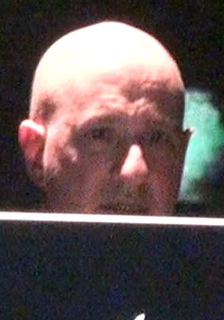A Quote by Larry Wilmore
I do not look to Hollywood to give me character clues.
Related Quotes
It's the way I feel about acting. That we are given clues by a writer about someone's essence or persona and it's our job to try to figure out which of those clues are true, which of clues we decide to follow and which of those clues we think are red herrings, or only in the way another character thinks of that character.
I think we all look for clues that we are not utterly alone... Clues we find in literature and paintings and music and even someone’s eyes; clues that demonstrate that someone else has felt the same indescribable feelings, seen the same things or passed by the spot even if it was by candlelight three hundred years ago. It means everything, like finding footprints in the sand of a deserted island.
There are a number of ways you can find out if a restaurant is good or not: just the way it looks can give you all these visual clues: is it well maintained? Is the décor slapdash or does it look like someone put some effort into it? The employees - do they look disgruntled or proud to be serving what they're serving. Even better, when you walk into a place you can look at the food.
I spend quite a bit of time thinking about my students. I look at them, at their work, I listen to what they tell me, and try to figure out who they might become in the best of all possible worlds. This is not easy. Students try to give you clues; sometimes they look at you as if imploring you to understand something about them that they don't yet have the means to articulate. How can one succeed at this? And how can one do it 20 times over for all the students in a class? It's impossible, of course. I know this, but I try anyway. It's tiring.
When I watch the show [Westworld], it leaves me looking at the world around me in a new way. It really stays with you. And it's one of those things that you have to figure out. You're going to get little clues along the way, and every time you think you know what's up, we're going to flip it around. It's going to take you for a really awesome, crazy ride, but it's a really, really revolutionary character for women. There's a lot of really fun stuff to look forward to.
There were [in Wilson] a lot of clues in it that you don't normally get, you know, normally you use your imagination or whatever, you get some clues in the script, of course, but yeah, it was really helpful, and I really like the graphic novel. There's stuff in there, there's a couple things in there I really wanted to use that they couldn't get in the movie, but it's definitely, he's a unique guy, you know, I never read a character like this before.


